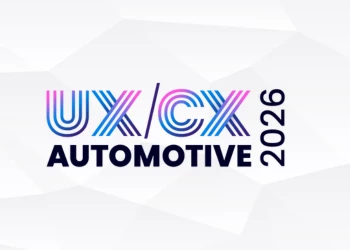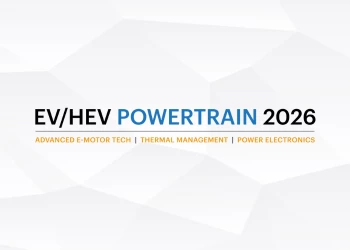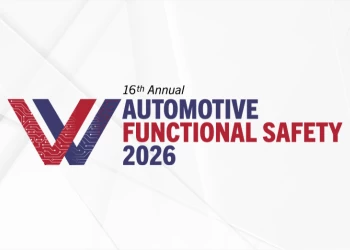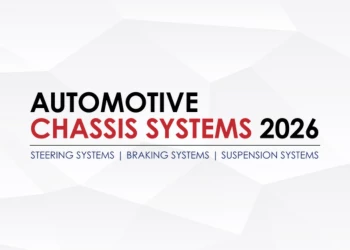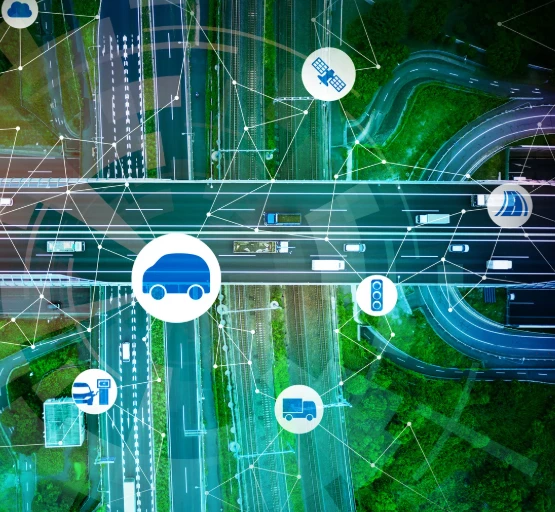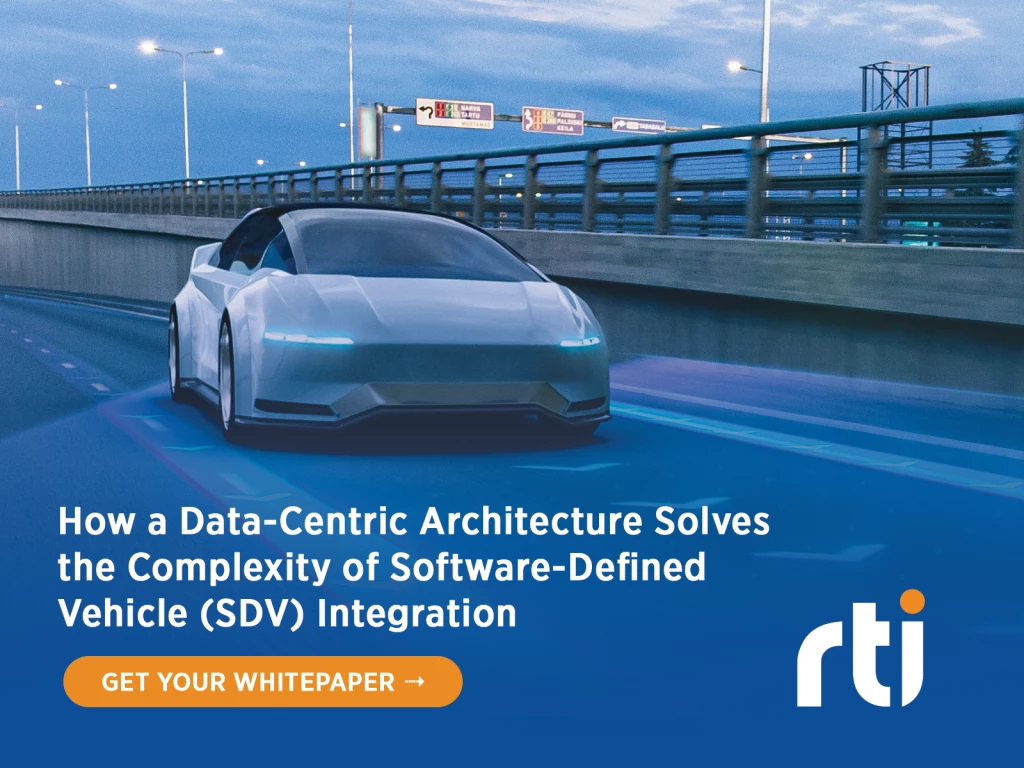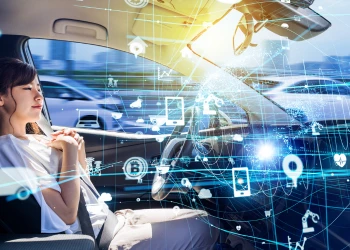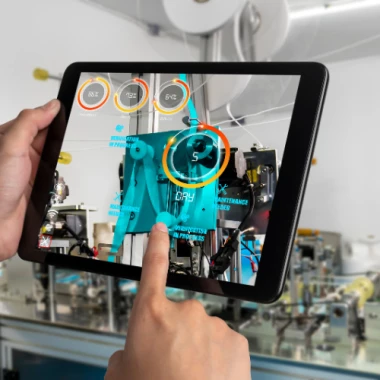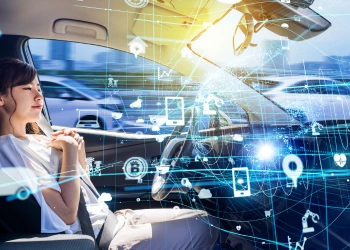The Use of AI to Speed Up Software Development and Testing Processes and Decrease Costs
Including Requirement Analysis, Design and Development, and Validation
Add bookmark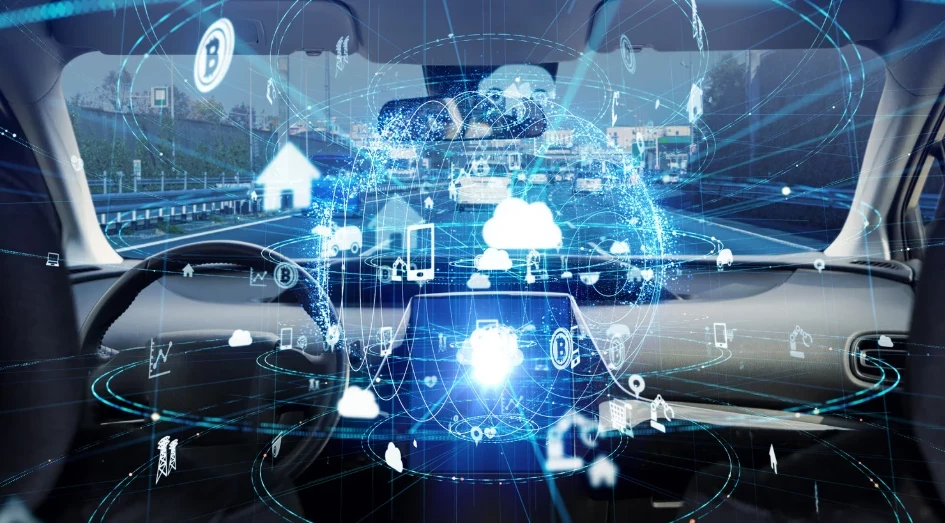
The automotive industry is undergoing a major transformation with the emergence of SDVs, where software plays a key role in vehicle functionality and user experience. In fact, vehicle software lines of code (LOC) already stand at around 100 million and are expected to grow rapidly in the future as well. In this scenario, the ability to rapidly iterate, update, and improve software and feature updates is seen as key to establishing a competitive advantage, and AI technologies are critical to do just that.
GenAI is transforming the software development process from software 1.0 to software 2.0, where AI models develop software and development teams have AI companions that assist, augment, or transform each phase of the development lifecycle. The technology’s ability to facilitate domain-specific feature development, including advanced decision-making systems for autonomous driving, conversational assistants, predictive diagnostics, and cyber security enhancements, makes it a game-changer for OEMs. This accelerates SDV software development from requirement analysis to validation, enabling quicker updates, improved quality, and better handling of complex systems.
Key use cases of AI in software development are:
Requirement Analysis: OEMs have struggled with requirement engineering for a while, often finding it hard to hire people with the required skills. GenAI has automated this process to a large extent by creating structured specification documents that clearly separate system requirements into subsystem and software-level requirements. Additionally, the technology can help in conducting ISO 26262 functional safety-specific analyses, which includes creating failure mode and effects analysis (FMEA) safety analyses.
Design and Development: GenAI helps in faster vehicle design and styling by transforming rough sketches into detailed models that can also integrate real-time modifications. While the technology is still not mature enough to create production-ready code, it can certainly refactor code and enhance its quality. For example, it can automatically fix static code analysis errors and ensure that the code is in line with required standards. In autonomous driving, AI models have proven their ability to augment object detection and decision-making, with studies showing an 18% improvement in labelling accuracy using GenAI compared to regular convolutional neural network (CNN) models.
Validation: According to a study by Tata Consultancy Services (TCS), software validation involving multiple testing levels, including unit, feature, system, bench, and vehicle testing, accounts for over 33% of development efforts in the automotive manufacturing sector. In fact, one of the most labour-intensive and time-consuming tasks is generating test cases from structured/unstructured system requirements. GenAI models, especially generative adversarial networks (GANs), combined with regular automation, can help automate the process of test case and script generation, all customised for different domains and validation levels. This automation significantly reduces time and human effort while maintaining high accuracy and coverage.

